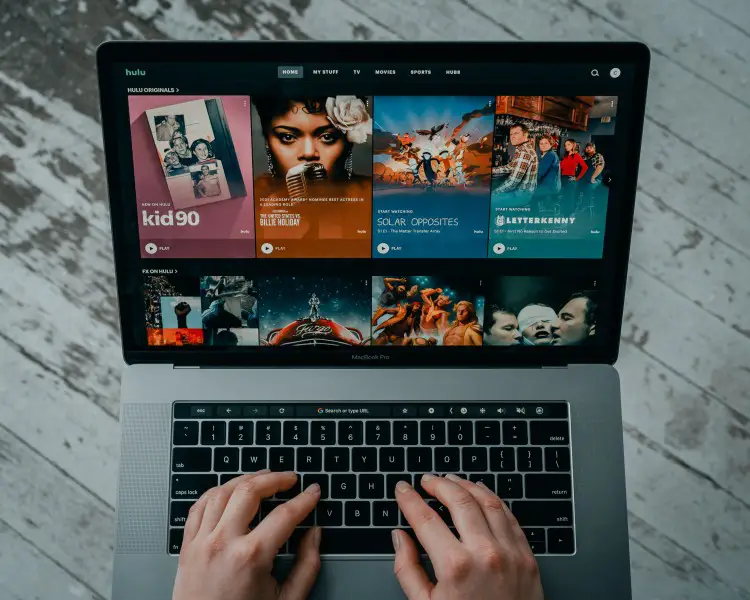
Show business is a term that is used to describe the various industries that deal with entertainment, including film, television, theater, music, and more.
It is a constantly evolving and complex industry that has a significant impact on our culture and society. In this article, we will take a deep dive into the world of show business, exploring its history, its current state, and its future.
A Brief History of Show Business
The origins of show business can be traced back to ancient times when performers would entertain audiences in the streets and in other public spaces.
These performances were often crude and involved simple acts such as juggling and acrobatics. Over time, these performances evolved, and more complex acts were developed, including puppet shows, theater productions, and musical performances.
In the 19th century, show business began to take on a more commercial aspect as entrepreneurs began to organize and promote shows for profit.
The development of new technologies, such as photography and motion pictures, further transformed the industry, leading to the creation of new forms of entertainment and the emergence of new stars.
During the 20th century, show business became a global phenomenon, with the rise of Hollywood and the emergence of television. These new mediums provided opportunities for actors, directors, and producers to reach audiences on a massive scale, and helped to create a new kind of celebrity culture.
The Current State of Show Business
Today, show business is a multibillion-dollar industry that spans the globe. From Hollywood blockbusters to Broadway shows, from music concerts to reality television, there is a seemingly endless array of entertainment options available to audiences.
One of the most significant developments in recent years has been the rise of streaming services such as Netflix and Amazon Prime.
These platforms have disrupted the traditional model of show business by providing an alternative distribution channel for film and television content.
They have also created new opportunities for independent producers and filmmakers to reach audiences directly, bypassing traditional gatekeepers such as studios and distributors.
Another important trend in show business has been the increasing diversity of voices and perspectives represented in the industry. This has been driven in part by changing demographics and social attitudes, as well as by the rise of social media and other online platforms that have given a voice to underrepresented communities.
At the same time, show business continues to face challenges and criticisms, particularly with regard to issues of representation and inclusivity. Many argue that the industry is still too dominated by white, male voices and that more needs to be done to promote diversity and equity.
The Future of Show Business
As with any industry, the future of a show business is difficult to predict, but there are several trends that are likely to shape its trajectory in the coming years.
One of the most significant of these trends is the ongoing shift toward digital distribution and consumption.
As more and more people turn to stream services and other online platforms for their entertainment needs, the traditional model of show business is likely to come under increasing pressure.
This could lead to further consolidation in the industry, as larger players seek to dominate the market, or it could lead to a more decentralized, democratized system in which independent producers and filmmakers have greater opportunities to reach audiences.
Another important trend is the continued evolution of technology and its impact on the entertainment industry. Advances in virtual and augmented reality, for example, could transform the way that we experience film and theater, while new technologies such as blockchain and cryptocurrency could create new opportunities for financing and distribution.
Finally, the ongoing debate over issues of diversity and representation is likely to continue to shape the industry in the coming years.
As audiences become more diverse and demand more inclusive content, producers and distributors will need to adapt to these changing expectations.
This could lead to a more inclusive and equitable show business, or it could lead to continued resistance and backlash from those who are resistant to change.
Ultimately, the future of show business will be shaped by a complex interplay of these and other trends, as well as by broader social, economic, and cultural forces.
Conclusion
Show business is a fascinating and dynamic industry that has a significant impact on our culture and society. As the industry continues to evolve, show business professionals will need to adapt to new trends and technologies, and find innovative ways to reach audiences and promote their content.
